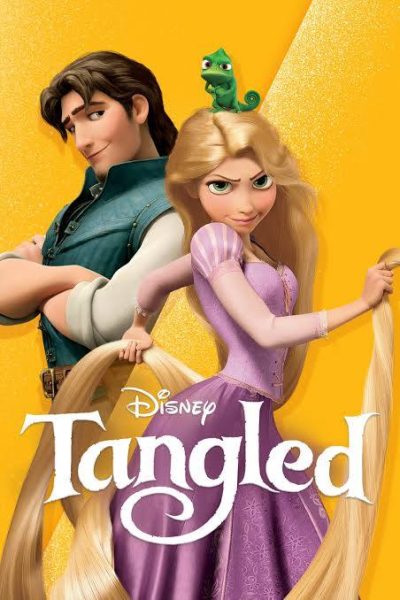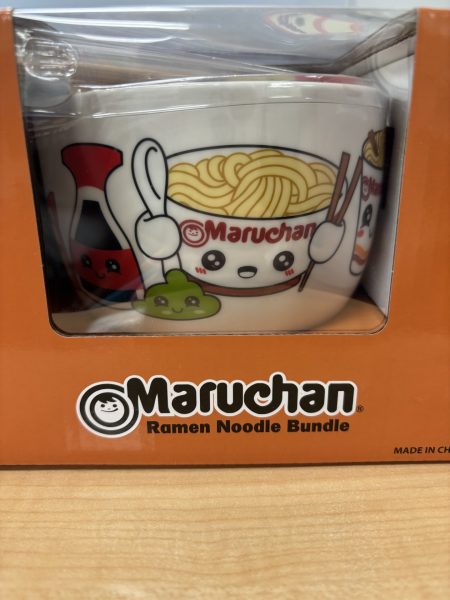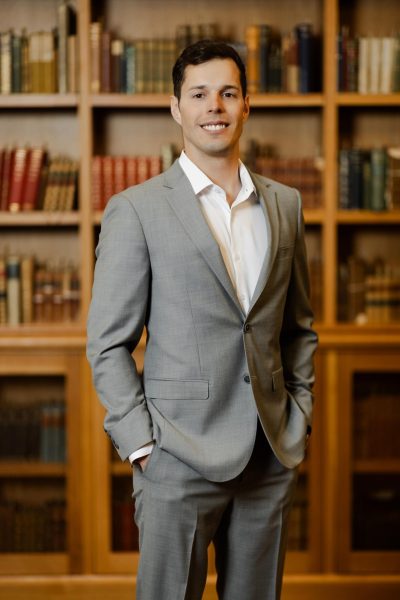An Interview with Mr. Taylor before he leaves Viewpoint
After working at Viewpoint for over three decades, history teacher Mr. Robert Taylor is moving to New York. For the past several years he has taught Ancient-Medieval History and AP U.S. History. However, Mr. Taylor has taught a variety of history classes throughout his career, ranging from seventh to twelfth grades and from European to Asian Chinese history. He is excited to move to the east coast.
Mr. Taylor has answered nine questions about his time at Viewpoint and his plans for the future.
Q: What will you miss most about teaching at Viewpoint?
A: My students and colleagues, and teaching my subjects. All of those things in combination.”
Q: How has Viewpoint changed during your time here?
A: In terms of size, it has changed tremendously. My first year at the school, the graduating class was approximately 12-14 students. It was quite small, and of course the campus was half the size it is now and the buildings were much more limited compared to what we have now. So it has changed in terms of size, and offerings too.
Q: Have you changed your teaching method since you began at Viewpoint?
A: One of the key things that I have done is include more document analysis. It is something that I have always done, but now I emphasize it more. Documents lead to more analysis, whereas textbook reading leads to more retention of knowledge. Document analysis therefore lends itself more to critical thinking and understanding the immediacy of history, because the documents so often are primary documents. Secondary documents from historians also can be analyzed as well, but more so to understand historical interpretation.
Q: Have you taught any other classes than AP U.S. History and Ancient and Medieval history?
A: I taught 7th grade non-Western history for around 20 years, and I think around 16 of those have been at Viewpoint. I taught a modern Asian history class as a senior elective, which I enjoyed a lot. One of the things I formally studied in college was Chinese history. Moreover, I have been to China many times, five times with the School as a chaperone. It is an area of particular interest to me, even though I no longer teach it. I also have taught AP World History. Additionally, I have taught modern European history at another school, before I started at Viewpoint. I have taught a wide range of classes, not only in terms of subject matter, but both Middle and Upper School.
Q: What is one memorable experience that you’ve had at Viewpoint?
A: One of the things that stands out to me most recently is being selected as an Endowed Chair with the Handley Award, which was given at the last graduation. Awarding endowed chairs is new to Viewpoint School. The other endowed chaired was awarded to Dr. Clark, who received the Levy Award. Both awards are voted on by faculty members, so it is recognition from your peers, which adds to why I would consider it special.
Q: What is one thing you want students to take away from your class?
A: More than anything, to enjoy the study of history so that my students want to continue learning in the future. In addition, I strongly believe a firm base of knowledge is extremely important, as well as keen critical thinking skills. On a more practical level, it is also important to be able to manage a textbook and write well. All of these skills are important not only in college, but beyond. Finally, the study of history simply leads to a fuller life, as a person can understand and therefore appreciate so much more.
Q: How has being a teacher at Viewpoint impacted you personally?
A: I think being a teacher impacts you personally because you are so engaged with both people and learning. If you are teaching critical thinking, you are going to be a critical thinker yourself. It is going to have a tremendous carry over, and in my case, those things that are personal and professional have often become the same. When I do things for personal enjoyment, it is going to places such as Springfield, Illinois for a conference on Abraham Lincoln or to Hyde Park, New York to visit the Franklin Roosevelt Home and Library. These are things that I enjoy personally, but have also added to my teaching, so there is a strong connection between my personal life and teaching.
Q: What will you do to incorporate your passion for history in the future?
A: I will continue to read, travel and go to museums, and other similar kinds of things that I naturally enjoy.
Q: What are your plans for the future?
A: I am moving to New York, which is really exciting for me. It is a place I have never lived, although because of recent trips, I have gotten to know New York better this past year.
Mr. Taylor’s last day of teaching will be June 6. Before he leaves, students and teachers are encouraged to say their final goodbyes to him before he heads to New York.
Evin Nesburn (‘20) is the co-Editor-in-Chief of The Patriot. In addition to the newspaper, she is an active member of Viewpoint’s honor society, CORE,...




